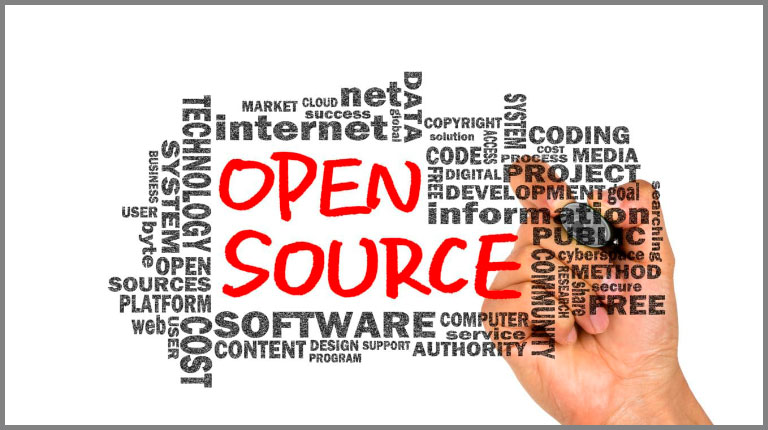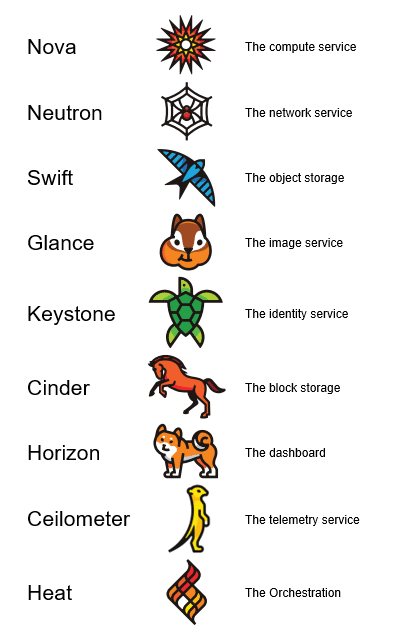As Communications Service Providers (CSPs) worldwide scale up the deployments of their 5G networks, they face strong pressure to optimize their Return on Investment (RoI), given the massive expenses they already incurred to acquire spectrum as well as the ongoing costs of infrastructure rollouts.

Key Take-aways from Two Great Open Source Events
RedHat Summit 2017
During the first week of May I attended the RedHat Summit in Boston for the first time. This year over 6000 people from the open source community around the world got together for 3 days to learn about the latest innovations, ideas and initiatives under the RedHat umbrella. The event had a large number of sessions within all aspects of Linux and open source such as, Big Data, IoT, OpenStack, Containers, DevOps, Mobile, Storage, Cloud, Security, Management, Community etc.
One of my key take-aways is that containers are now mainstream and tools like OpenShift is making it so much easier to handle and deploy. Also, from a RedHat point of view, Kubernetes is the preferred solution for container orchestration. OpenShift really got a lot of attention and was mentioned, demoed and utilized in several sessions and hands-ons.
Look at https://openshift.io/ which is the OpenShift homepage and has a lot of information and provides an online development environment. This tool will be utilized a lot in the near future due to its ease and intuitiveness, both for development and deployment/operations.
Another interesting moment was when the RedHat CEO Jim Whitehurst argued that planning as we know it is dead – instead we shall focus on: try, learn and modify! – mode. In other words. learning by doing (or trying) which is actually very agile. He also said that most companies are not organized properly to empower individual employees to innovate. They are organized with a small group of decision makers that plan and prescribe actions but it does not work in a world that begins to move faster and become more ambiguous.
Attending an open source event like this, it was very clear to me that more and more companies are embracing the open source idea and are using these solutions in their products/solutions and production networks. And many of them are now also contributing and are “doing” open source. As a first-time attendee, to me it looked like open source is winning the battle – so many people and so many companies cannot be wrong – it is happening!
RedHat at Red Sox
As always, these events also have several social gatherings and this year was no exception. So Wednesday evening all the attendees were invited to the legendary Fenway Park to witness the baseball game between the local heroes – Red Sox play the Baltimore Orioles.
It was great evening with all the RedHats at the Red Sox eating hotdogs and drinking beer.
Conclusion
My main take-aways are:
- Containers are now main stream and in the RedHat world, orchestrated by Kubernetes.
- Smart tools are available to make it much easier to work with containers
- Agility is key – work and organize to embrace it
All the guests were given an official baseball with the RedHat summit logo and date on.
Napatech will also next year be present at the RedHat Summit 2018, which will be in San Francisco 8-10 May.
OpenStack Summit 2017
The week after the RedHat Summit I also attended the OpenStack Summit which was also held in Boston. Again, a first-time experience for me. This event was also a very well attended as more than 5000 attendees representing more than 1000 companies from 63 countries around the world.
The event had more than 750 sessions covering everything from high-level overview presentations to deep technical presentations as well as training sessions and community panel discussions. The Open Source community behind OpenStack is very big and represents all types and sizes of companies, from very small startups to huge corporations.
The OpenStack is considered an “Infrastructure as a Service” (IaaS) or a cloud operating system and provides the infrastructure making it easy for users to add new instances upon which other cloud components will be able to run. The OpenStack project consists of a lot of different smaller projects covering every aspect of the cloud infrastructure from deploying and managing large number of virtual machines over file and object storage systems, networking capabilities, dashboard GUI, telemetry services, identity services, image services orchestration and so on – there is a huge bunch of projects ongoing – and every project has its own little project mascot as seen below.
As you can see there is a lot of projects going on – and they also come as stickers. ? Some of the major ones worth mentioning are:
The projects vary in size and scope but are all driven by teams that are dedicated to the task and often need functionality in their work. The dedication from the teams seem very high and they are looking for more contributors to finish their projects. More than 150 companies have currently agreed to support the mission of OpenStack and contribute to it by providing architectural input, contribute code and or integrate it into their business offerings.
One of the keynotes was a showcase where several of the exhibiting companies, including Canonical, EasyStack, Huawei, IBM, NetApp, Open Telekom Cloud, RackSpace, RedHar, Suse, T2 Cloud, VexxHost, VMWare, Wind and ZTE was running individual clouds all over the world from USA to China to Europe – and some of them even on their production clouds. And then they were all joined into one cluster which was then running the Cockroach database – which showed that it was possible to go global and distribute the database across multiple clouds across the globe – quite impressive!
For more information on RedHat and the summit you can go to: https://www.openstack.org/
Conclusion
My main take away from this event is that this community is strong and they are delivering – more functionalities are available now, than a year ago, and a lot of projects are ongoing and more are being defined. For companies working in the cloud space this seems to be the place to contribute and learn. And so much is going on within every corner of the cloud space.
For sure Napatech will be present at the OpenStack Summit one year from now which will be held in Vancouver 21-24. May 2018 – hope to see you there.






